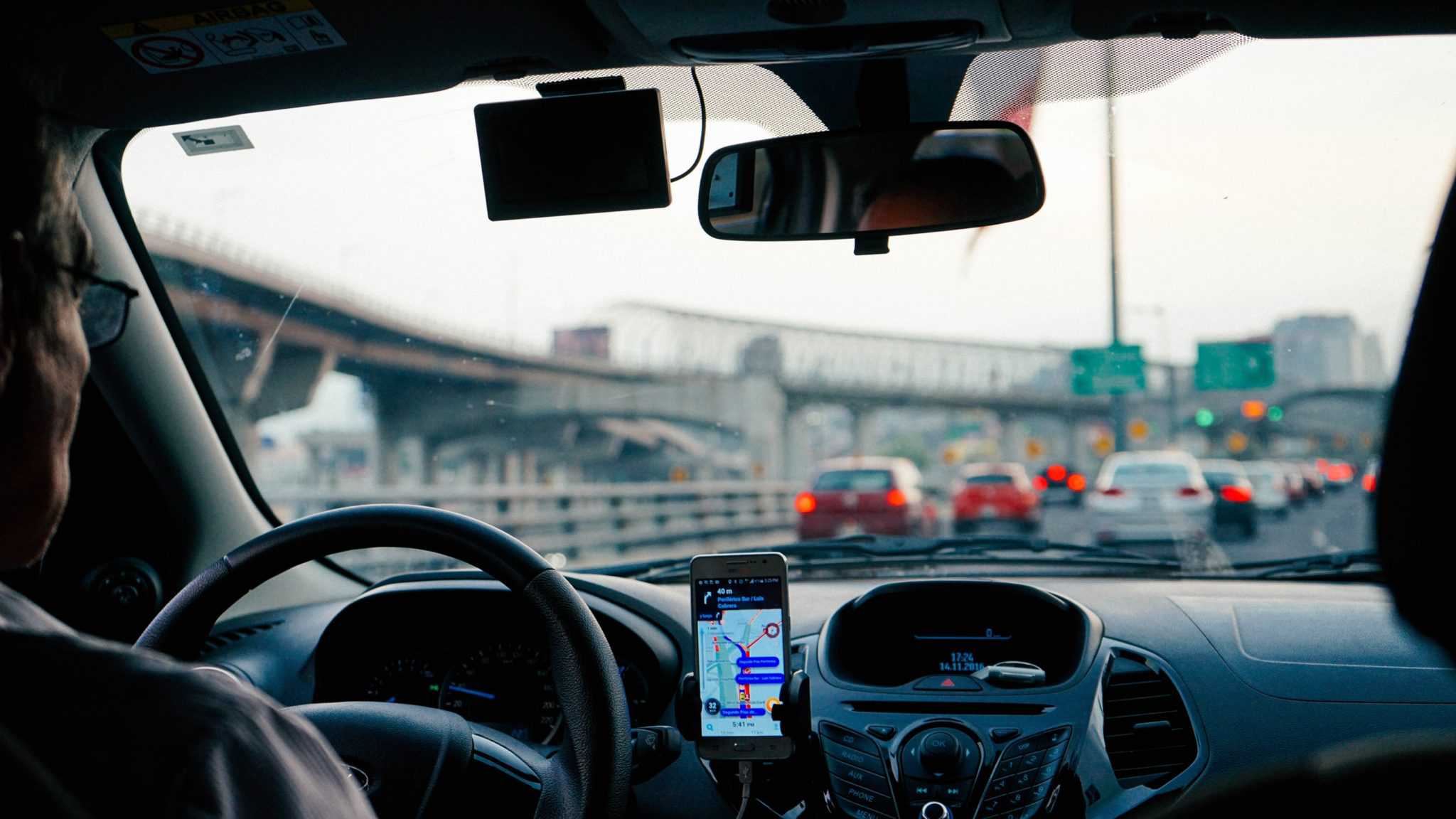Alisha Jarwala is a student at Harvard Law School and a member of the Labor and Employment Lab.
On March 3, the Third Circuit vacated and remanded a district court ruling that UberBlack drivers are independent contractors and not employees. The unanimous opinion points to disputed factual issues that are key to determining worker classification and highlights areas where a reasonable juror could side with drivers. This is the first court of appeals decision to address the classification of gig workers. If the case doesn’t settle on remand, Uber could be going to trial.
Background
In Razak v. Uber Technologies, Plaintiffs are a potential class of UberBlack drivers, who allege that Uber has violated minimum wage and overtime requirements under state and federal laws, including the Fair Labor Standards Act (FLSA). However, these laws only apply to employees, and Uber argues that the Plaintiffs are independent contractors, or “entrepreneurs who utilize Uber as a software platform to acquire trip requests.”
At the District Court, Uber initially tried to dismiss the case and require Plaintiffs to arbitrate their claims instead. The District Court denied Uber’s motion, finding that Plaintiffs had successfully complied with arbitration opt-out procedures in their contracts with Uber. Uber then filed a motion for summary judgment, arguing that the case should be thrown out because Plaintiffs could not successfully prove that they were employees as a matter of law. The District Court agreed and granted Uber’s motion. Plaintiffs appealed to the Third Circuit.
The DialAmerica Test
To determine whether a worker is an independent contractor or an employee under the FLSA, the Third Circuit uses a six-factor test from Donovan v. DialAmerica Marketing, Inc.:
1) the degree of the alleged employer’s right to control the manner in which the work is to be performed; 2) the alleged employee’s opportunity for profit or loss depending upon his managerial skill; 3) the alleged employee’s investment in equipment or materials required for his task, or his employment of helpers; 4) whether the service rendered required a special skill; 5) the degree of permanence of the working relationship; [and] 6) whether the service rendered is an integral part of the alleged employer’s business.
The District Court found that only two factors supported Plaintiffs’ claim that they should be considered employees: (4) special skills and (6) integral part of employer’s business. By contrast, the Third Circuit emphasizes that factual issues that determine the outcome of the test still need resolution and might favor employee status. In particular, they highlight disputes over the “right to control” factor and the “opportunity for profit or loss” factor.
Right to Control
While this factor is not dispositive, the Third Circuit notes that the extent to which an employer controls a worker is “highly relevant to the FLSA analysis.” The District Court held that Uber did not control Plaintiffs, pointing to Plaintiffs’ flexible hours, alleged ability to work for competitors and contracts signed with Uber acknowledging contractor status. Plaintiffs argue that in reality, the Uber App prevents them from accepting rides from competitors and strictly regulates their hours. The Third Circuit was not persuaded that there are no genuine factual disputes remaining over whether or not Uber has control over drivers.
Opportunity for Profit or Loss Depending on Managerial Skill
In its analysis of the second factor, the Third Circuit also points to areas of genuine dispute that the District Court overlooked. While the District Court concluded that this favor factored Uber because drivers can “be strategic” in how to use the Uber App to generate profit, the Third Circuit notes that Uber controls driver territory, trip fare, and cancellation fees. On this factor, the Third Circuit concludes: “We believe that a reasonable fact-finder could rule in favor of Plaintiffs.”
Implications
The rise of mandatory arbitration post-Epic Systems means we haven’t seen trials on the classification of Uber drivers and other gig workers under the FLSA. The majority of these claims go to arbitration and disappear from the public eye. Razak could be the first opportunity to make the case that that drivers are employees at trial. And even if the case settles, it may be hard for Uber to avoid trials on worker misclassification issues in the future.










Daily News & Commentary
Start your day with our roundup of the latest labor developments. See all
February 24
In today’s news and commentary, the NLRB uses the Obama-era Browning-Ferris standard, a fired National Park ranger sues the Department of Interior and the National Park Service, the NLRB closes out Amazon’s labor dispute on Staten Island, and OIRA signals changes to the Biden-era independent contractor rule. The NLRB ruled that Browning-Ferris Industries jointly employed […]
February 23
In today’s news and commentary, the Trump administration proposes a rule limiting employment authorization for asylum seekers and Matt Bruenig introduces a new LLM tool analyzing employer rules under Stericycle. Law360 reports that the Trump administration proposed a rule on Friday that would change the employment authorization process for asylum seekers. Under the proposed rule, […]
February 22
A petition for certiorari in Bivens v. Zep, New York nurses end their historic six-week-strike, and Professor Block argues for just cause protections in New York City.
February 20
An analysis of the Board's decisions since regaining a quorum; 5th Circuit dissent criticizes Wright Line, Thryv.
February 19
Union membership increases slightly; Washington farmworker bill fails to make it out of committee; and unions in Argentina are on strike protesting President Milei’s labor reform bill.
February 18
A ruling against forced labor in CO prisons; business coalition lacks standing to challenge captive audience ban; labor unions to participate in rent strike in MN